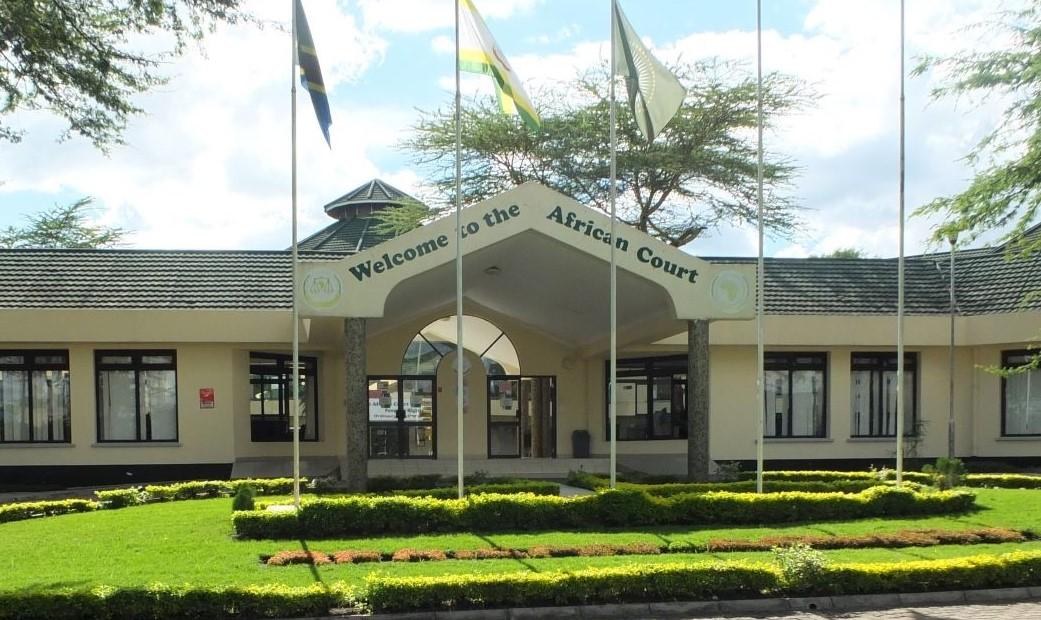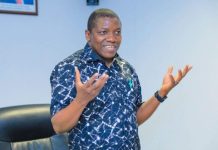Africa-Press – Tanzania. PARTICIPANTS to the judicial retreat of judges of the African Court have asked African States, which have withdrawn their Declaration that allows individuals to file cases directly to the court to reconsider their decisions for effective promotion of people’s human rights.
They have called upon those states, in particular, Tanzania, Rwanda, Benin and Ivory Coast, to engage in a direct and constructive dialogue with the African Court on Human and Peoples’ Rights about the challenges that may have influenced their decision.
The participants also welcomed efforts of national human rights stakeholders, including political parties, parliamentarians, civil society organizations, academia and media to inform African citizens on the added value of recognising the African Court’s jurisdiction or re-depositing the Declaration They have further called upon all states that have not yet ratified the protocol that established the Court and the State Parties that are yet to deposit the Declaration, to discuss with the African Court on obstacles preventing the provision of additional guarantees to their citizens.
According to the communiqué issued by the Arusha- based African Court recently, the Continental Court organised the three- day first judicial retreat of judges of the African Court from June 2, 2021, which was conducted virtually.
The retreat brought more than 100 distinguished jurists, human rights specialists and experts in judicial matters from African Union member states, African Union organs and regional economic communities, international and regional courts. Other participants also came from academia, bar associations, civil society organizations, national human rights institutions and the media.
Some of the participants, who made their contributions, are Dr Boniphace Luhende, the Deputy Solicitor General from Tanzania. The list also involved Dr Robert Eno, Registrar of the African Court, Mr Donald Deya who is the Executive Director, Pan African Lawyers’ Union (PALU), Prof Michelo Hansungule, Centre for Human Rights, University of Pretoria and Prof Kofi Quashigan from the Faculty of Law, University of Ghana, Legon, Accra, Ghana.
Others are Prof Pierre Moukoko Mbonjo, the Head of AU Reform Unit, African Union Commission, former Minister of External Relations of the Republic of Cameroon and Prof Muhammed Tawfiq Ladan, Director-General, Nigerian Institute of Advanced Legal Studies (NIALS), Lagos, Nigeria Others are Dr Ibrahima Kane who is Head of Africa Union Advocacy Program of Africa Regional Office, Open Society Initiative for West Africa, Adama Dieng, the former UN Assistant Secretary General and Calixte Mbari who is he acting Director in the Department of Political Affairs, Peace and Security.
Some of the objectives of the retreat include providing an opportunity for frank and constructive engagement between judges and key human rights stakeholders. It also sought to look at the impact of the African Court since its establishment and make concrete proposals on how to enhance the effectiveness and efficiency of the entity in the protection of human rights.
During the retreat session, several topics were discussed through presentations and plenary discussions, notably the African Court on Human and Peoples’ Rights – 15 years after: success, failures, challenges and opportunities.
Other topics related to AU institutional reform and the impact on the African Human Rights System in general and the African Court in particular and the use of amicable settlement as an important tool for settling human rights disputes.
There was also a presentation on an appraisal of the Court’s use of rulings/orders for provisional measures – a comparative analysis, the complementarities role of the African Court, an independent look at the decisions of the African Court (judgments, orders, rulings and opinions), among others. In her opening remarks, the President of the African Court, Lady Justice Imani Aboud, from Tanzania, expressed her appreciation to the participants for demonstrating their willingness to continue contributing to the smooth functioning of the Court and human rights protection system in general.
She clarified that the judicial retreat, initiated by the Court, was aimed at finding ways and strategies to rethink its judicial organisation, identifying the obstacles to its progress and proposing new approaches with a view to building a more accessible and sound justice system that protects the rights of all persons.
The President reiterated said if stakeholders want the judicial protection of human rights to be robust, just and comprehensive, it must be based on the philosophy that human rights is an ideal, perpetual and ever-perfectible quest.
The retreat was officially launched by the Chairperson of the African Union and President of the Democratic Republic of the Congo, Félix Tshisekedi, who was represented by Ms Rose Mutombo Kyese, Minister of State in charge of Justice and Keeper of the Seals.







